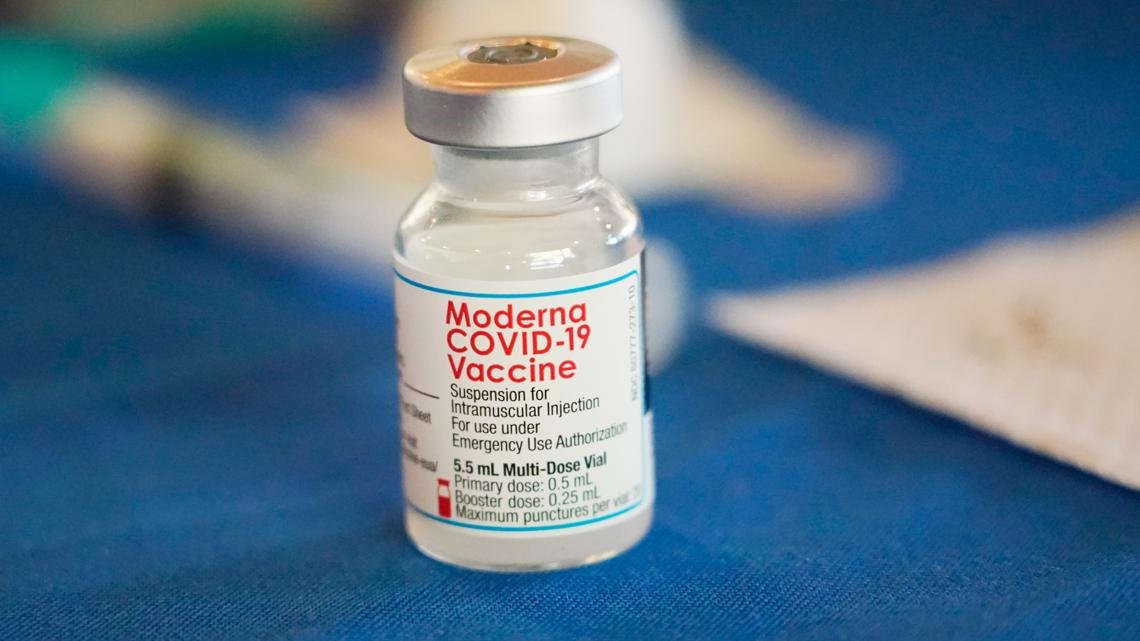cct-tracking
Trump Administration Unveils Stricter COVID Vaccine Mandates for Adults and Kids

In a significant policy shift, the FDA has announced changes to how COVID-19 vaccines will be updated. This new framework aims to redefine the approval process for annual vaccinations, particularly for healthy younger adults and children.
Top FDA officials unveiled this new strategy, indicating that streamlined approval will remain for adults aged 65 and older, as well as for those with pre-existing health issues that elevate their risk for severe illness. However, companies are now urged to conduct extensive studies before obtaining approval for vaccines aimed at healthier demographics.
The recently published guidelines in the *New England Journal of Medicine* underscore a crucial point: this new approach could still facilitate annual vaccinations for a significant portion of the adult population—between 100 million and 200 million people.
This transition raises concerns for individuals who may seek a fall COVID-19 shot but do not fit neatly into the outlined high-risk categories. Vaccine expert Dr. Paul Offit from Children’s Hospital of Philadelphia posed a critical question: “Will pharmacists determine who qualifies as high-risk?” He warned that this could ultimately make vaccines both less accessible and less affordable.
For years, federal health officials have encouraged Americans to anticipate annual updates to COVID-19 vaccines, akin to seasonal flu shots. Historically, the FDA approved these updates based on evidence demonstrating equivalent immune protection to previous formulations.
However, Health Secretary Robert F. Kennedy appears to be steering the FDA away from that model. The latest update, authored by FDA Commissioner Marty Makary and vaccine chief Vinay Prasad, critiques the U.S.’s previous universal vaccination recommendations, suggesting a more tailored approach may be appropriate.
The authors argue that the nation has been overly aggressive in promoting COVID-19 boosters when compared to European nations, stating, “We don’t know if a healthy 52-year-old woman with prior infections and vaccinations will gain any benefit from another shot.”
Experts continue to question the overall effectiveness of annual COVID vaccinations, particularly for those not deemed high-risk. An upcoming debate by a CDC advisory panel aims to address these concerns.
Critics, like Dr. Offit, contend that the FDA’s recent shift may infringe upon the advisory panel’s authority. He cites CDC research indicating that booster doses can provide protection against mild to moderate illness for several months, even among healthy individuals.


















